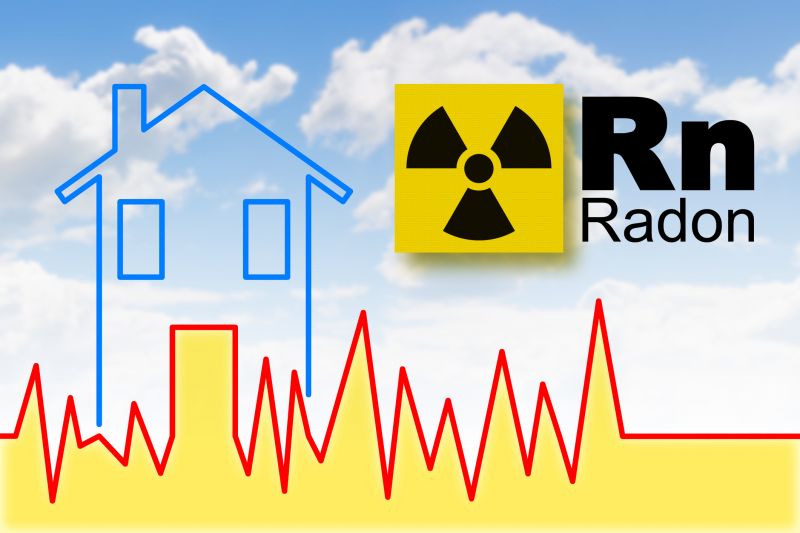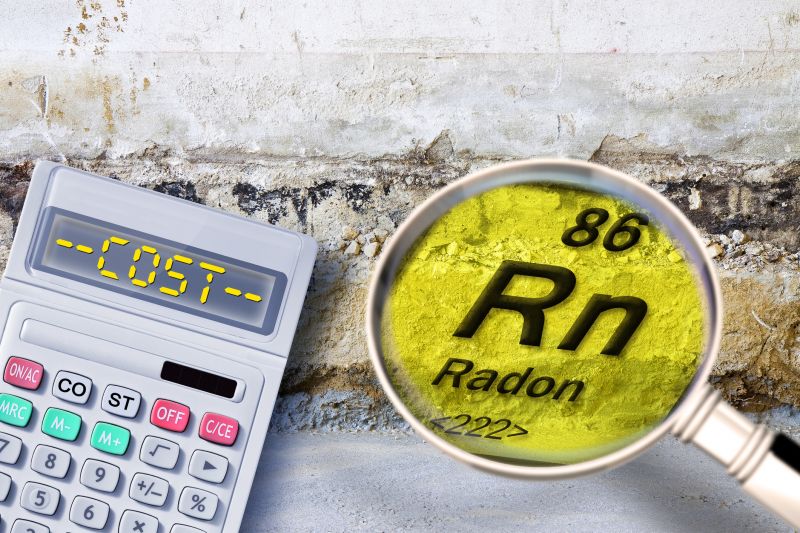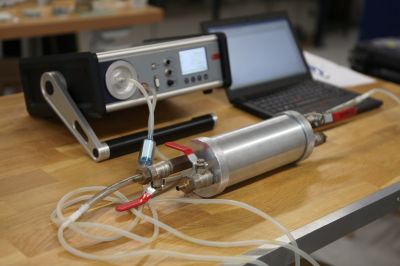Radon Inspection Services for Property Owners
Visitors can learn about radon inspection services and compare local contractors who perform radon testing and mitigation.
- - Radon inspection services for homeowners purchasing a new property to ensure indoor air safety.
- - Local contractors specializing in radon testing for real estate transactions and property assessments.
- - Service providers offering radon testing solutions for residential, commercial, and multi-unit buildings.
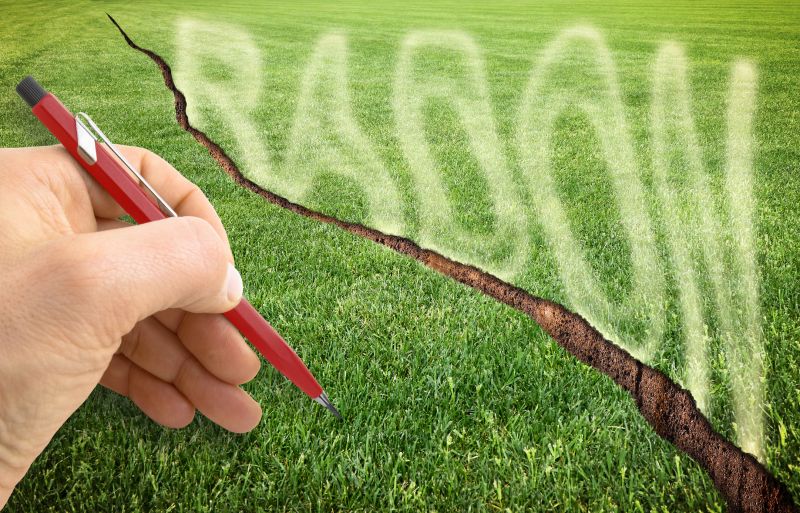
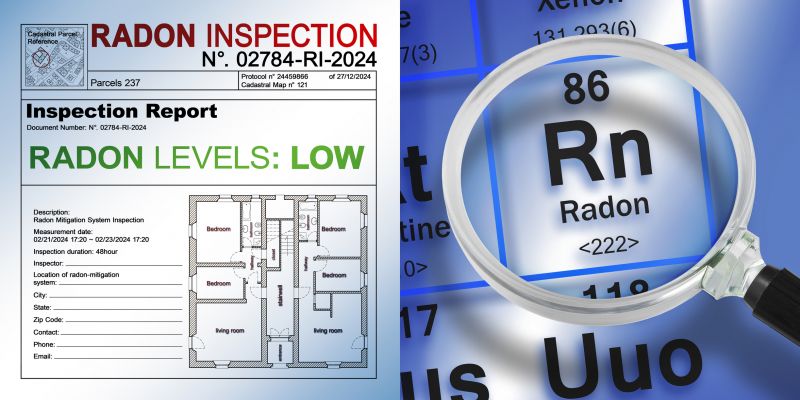
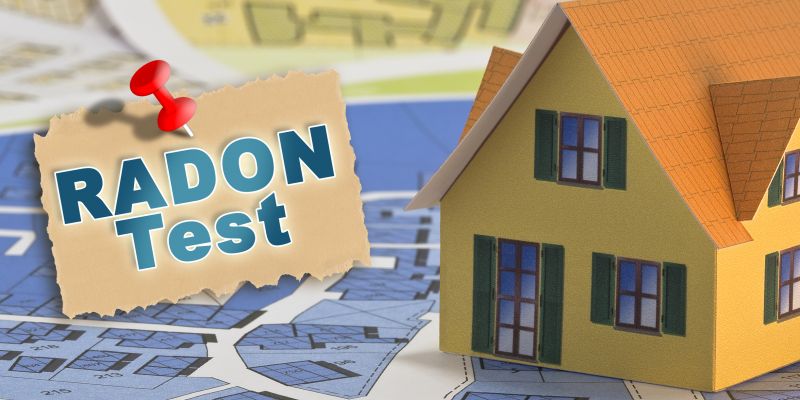
Radon inspection services are essential for property owners who want to ensure their homes or buildings are safe from elevated radon levels. Local contractors specializing in radon testing use specialized equipment to measure radon concentrations within indoor environments. These professionals typically perform evaluations in various types of properties, including new constructions, existing homes, and commercial spaces. Their work involves identifying potential radon entry points, assessing the overall indoor air quality, and providing insights into whether mitigation measures might be necessary to reduce health risks associated with radon exposure.
Connecting with experienced local service providers can help property owners make informed decisions about radon management. Many contractors offer comprehensive testing options, from short-term assessments to long-term monitoring, tailored to the specific needs of each property. When seeking radon inspection services, individuals can expect knowledgeable professionals to conduct thorough evaluations and deliver clear, practical results. Finding the right local pros ensures that property owners have access to reliable testing services, supporting a safe and healthy indoor environment.
This guide provides helpful information to understand the basics of radon inspection services. It assists in comparing local contractors and understanding what to expect from professional radon testing. Use this resource to gather relevant details and connect with qualified service providers in your area.
